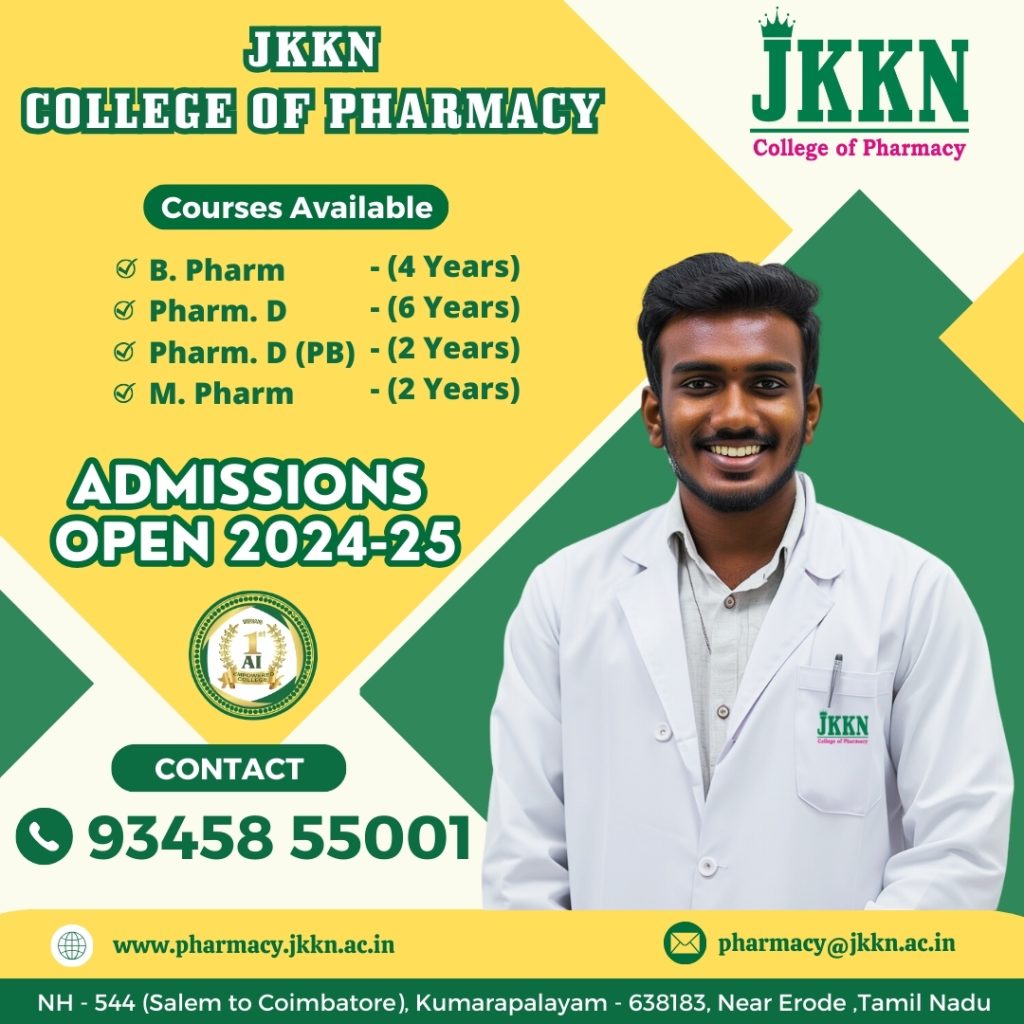III PHARM. D/PHARMACEUTICAL FORMULATIONS – THEORY
After a successful completion of the course the students will be able to
| Course outcome number | Course Outcomes | Cognitive level |
| CO1 | Describe the fundamental concepts and classifications of pharmaceutical dosage forms, including tablets, capsules, liquid orals, parenterals, ophthalmic preparations, and controlled/novel drug delivery systems. | C1 |
| CO2 | Demonstrate an understanding of the key principles involved in the formulation of different types of tablets, capsules, liquid oral preparations, and ophthalmic preparations. Explain the factors affecting absorption and anatomy of the skin in the context of ointments and jellies. | C2 |
| CO3 | Apply knowledge to practical situations by formulating tablets using various granulation techniques, evaluating tablet excipients, and conducting quality control tests for tablets, including coated tablets as well as capsules | C3 |
| CO4 | Analyze the stability of suspensions, emulsions, and solutions, identifying factors that affect their stability. Also analyze the containers used for parenteral preparations and understand the principles of sterilization in parenteral formulation. | C4 |
| CO5 | Evaluate the quality of different pharmaceutical dosage forms, including tablets, capsules, and liquid orals, based on established quality control tests and standards. Assess the suitability of various ointment bases and jellies and evaluate the method of preparation and packaging for suppositories. | C5 |
| CO6 | Apply knowledge to create various dosage form including controlled and novel drug delivery systems. | C6 |
Remembering (C1), Understanding (C2), Applying (C3), Analyzing (C4), Evaluating (C5) and Creating (C6)
III PHARM. D/PHARMACEUTICAL FORMULATIONS – PRACTICAL
After a successful completion of the practicals the students will be able to
| Course outcome number | Course Outcomes | Psychomotor Level |
| CO1 | Able to demonstrate the basic techniques involved in the manufacture of various tablet types, including ordinary compressed tablets using wet granulation, tablets prepared by direct compression, soluble tablets, and chewable tablets, by imitating the step-by-step procedures. | P1 |
| CO2 | Develop the skill of formulating and filling hard gelatin capsules, showcasing their ability to manipulate the pharmaceutical ingredients and equipment required for this process with precision. | P2 |
| CO3 | Master the precise techniques involved in the manufacture of parenterals, including the preparation of ascorbic acid injection, calcium gluconate injection, sodium chloride infusion, and dextrose and sodium chloride injection/infusion, ensuring the accurate measurement and handling of ingredients and equipment.. | P2 |
| CO4 | Able to articulate their knowledge and skills by conducting quality control tests (QC tests) for pharmaceutical formulations, including tablets, capsules, and injections, demonstrating their ability to communicate and explain the evaluation processes effectively. | P3 |
| CO5 | Apply their knowledge and skills to formulate two different liquid oral preparations (Paracetamol Syrup and Antacid Suspensions – Aluminum hydroxide gel) and evaluate them by assay, fostering a natural and seamless integration of their practical pharmaceutical knowledge. | P4 |
| CO6 | Demonstrate precision in formulating semisolid preparations, including Salicylic acid and benzoic acid ointment and Diclofenac gel, and evaluate them by assay, ensuring accurate measurements and adherence to formulation procedures. | P5 |
Imitation (P1), Manipulation (P2), Precision (P3), Articulation (P4) and Naturalization (P5).


